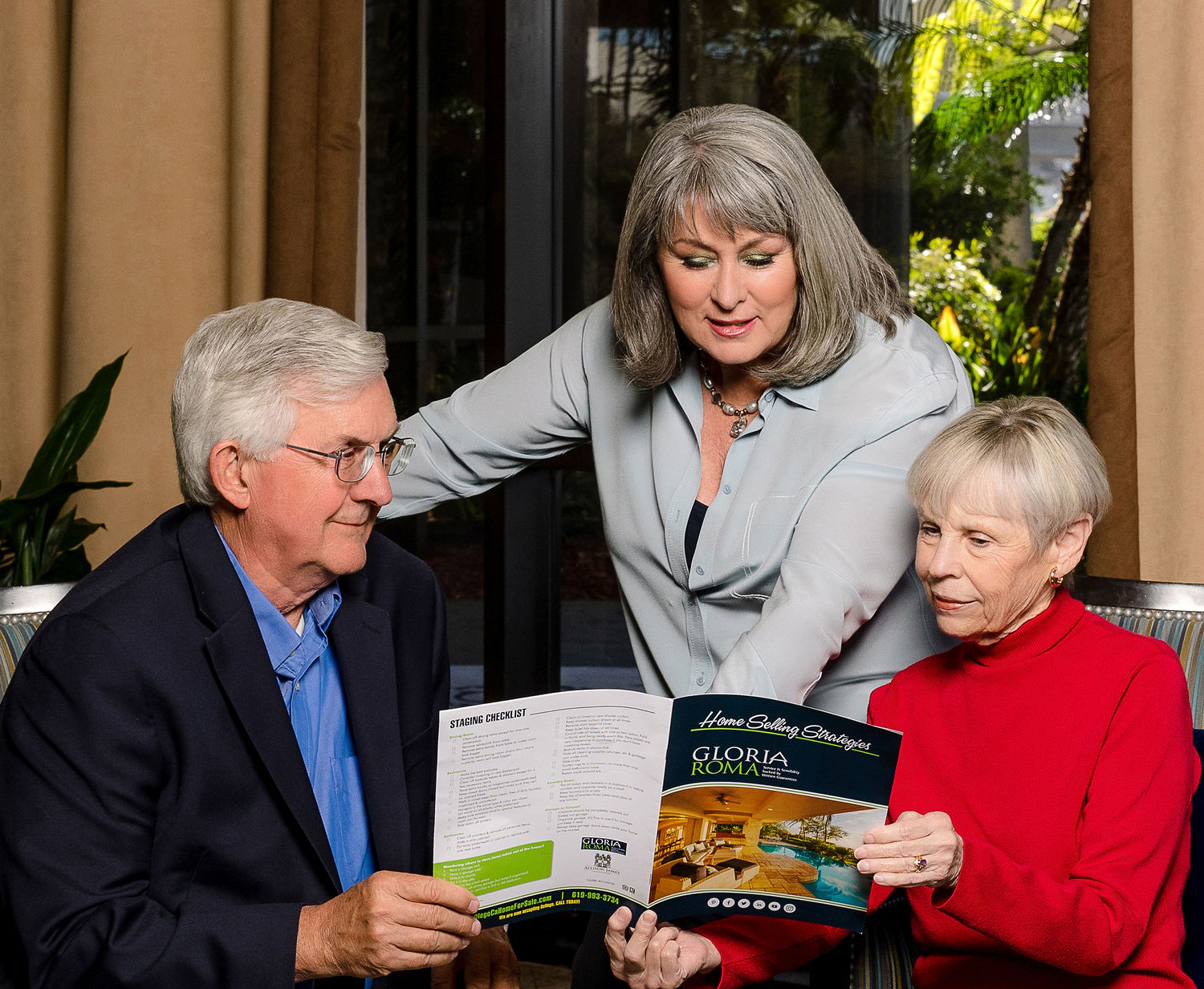Avoid Probate! Have a Living Trust
Whether a Californian who lives and dies with a Will or without one if any property is owned in your own name over a certain low threshold of $150,000 then probate will likely be required.
By changing the way you hold title to your property a Living Trust makes probate unnecessary. Putting all of your assets in the trust you have absolute control over all your assets, it’s as if you owned them in your own name. Though, you do not own property in your own name. Instead, your Living Trust owns your property. And you own your Living Trust.
Initially, one might think that not owning their property in their own name is a bad thing. But it’s not a bad thing….it’s a good thing, because you are the Owner (aka Trustor), Manager (aka Trustee) and Trust Beneficiary. So you (and your spouse) control your Trust and the assets in it. You can give away your Trust assets, buy assets and put them in the Trust, sell Trust Assets, trade Trust assets, derive income from Trust Assets and even mortgage Trust assets. As long as your trust is revocable and not non-revocable you can change your Trust, add to it, or even revoke it any time you want.
The real difference the Trust makes is when you die. The person you assign to take charge of your Trust after your death is your Successor Trustee. The successor trustee will step in and do everything according to what is written in the trust for the disposition of your estate. This saves your survivors huge costs, prevents a disgruntled family member from challenging your final wishes, eliminates publicity and relative to the cost of probate, costs very little and is not an inconvenience for your family.
Living Trusts are also indispensable for avoiding the indignity of a conservatorship. In the event of your disability or mental incapacity a Living Trust helps you ensure that your physical and financial needs are handled as you would want them to be.
The Living Trust dates back hundreds of years. As consumers become better educated about the pitfalls of probate, all signs point to Living Trusts becoming even more popular in the years ahead.
Trusts Are necessary for classes of people
Do all wealthy people have trusts…decidedly so. They have a lot more than just a trust…but that is another story. Now that you’re aware of the challenges of probate, it’s probably the last thing you’d want to bequeath your loved ones. Even if your estate is valued less than $150k or includes real estate at any value, you should probably have a Living Trust to avoid death probate. Regardless of the value of your estate, you should definitely consider a Living Trust in order to avoid living probate.
A comprehensive Living Trust-based estate plan will cost you more up front than a “discount” Will or bargain basement Living Trust. Begin by searching for a Trust attorney or call me for a referral anytime.
The American Academy of Estate Planning Attorneys recommends that you start with an attorney who is experienced and qualified and concentrates on this area of the law. That’s the best way to ensure that your legal professional has invested the time and energy to providing you with the most current estate planning techniques.
Your Living Trust
Once you’ve worked with your estate planning attorney to create your Living Trust-based estate plan, don’t stop there. Taking advantage of everything this powerful estate planning tool has to offer requires these final steps:
- Make sure you put all of your assets in your Living Trust. A trust can only work if the title to your property and accounts have been transferred to the Trust. If you keep your property in your own name, then the trust is useless.
- Keep your Living Trust up to date. As you acquire new property, be sure that you transfer title to these assets to your Living Trust.
- Ideally, a Living Trust is a living, breathing document, and a plan that will serve you for many years to come. That means, however, that you’ve got to take the time to review it periodically and have it updated as your family’s situation, your goals, and your needs change. A good estate planning attorney will stay in touch with you over the years to ensure your Living Trust continues to serve you well.
Article Paraphrased from What Every Senior Should Know About Probate May 9, 2014 by American academy of Estate Planning Attorneys
Call me or send me an email, I’ll be happy to help you sell your home when you are ready.
Call 726-999-0566
or Email Us

